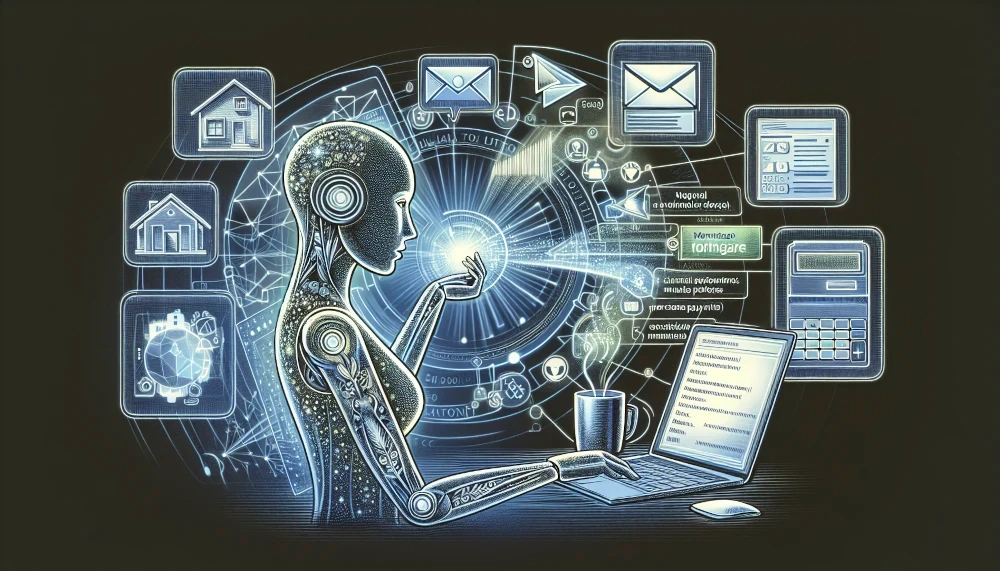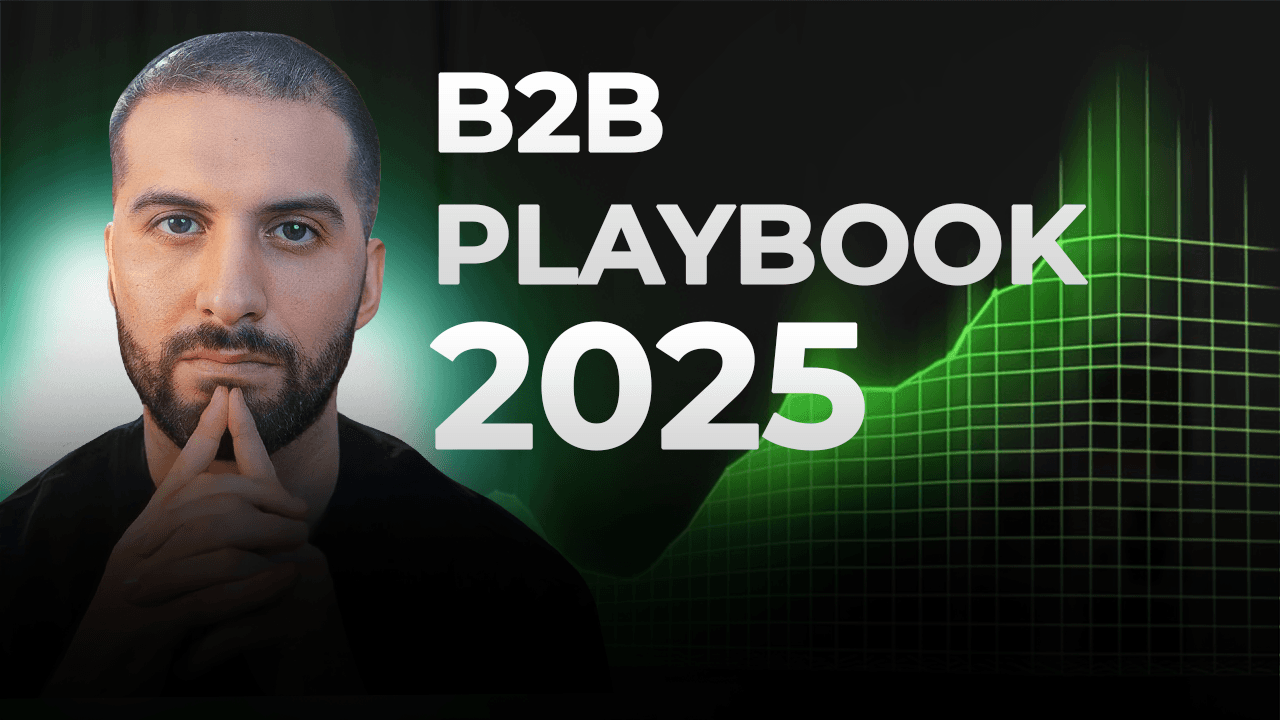In this blog, we’ll break down the differences between AI agents and AI automation, explore their use cases, and help you determine which approach best suits your needs.
What Are AI Agents?
AI agents are intelligent systems that operate autonomously, perceive their environment, make decisions, and take actions to achieve specific objectives. Unlike simple automation, AI agents can learn, adapt, and interact dynamically with users and their surroundings.
Key Characteristics of AI Agents:
✅ Autonomous: AI agents function independently, making decisions without constant human intervention.
✅ Adaptive: They learn from data and interactions, improving their performance over time.
✅ Interactive: AI agents can communicate and respond to users in real time.
✅ Goal-Oriented: They operate based on predefined objectives and optimize their actions accordingly.
Examples of AI Agents:
Chatbots with Advanced Reasoning: AI-powered virtual assistants like ChatGPT and Google Bard that engage in meaningful conversations.
Self-Driving Cars: Autonomous vehicles analyze real-time traffic conditions and adjust their driving strategies.
AI-Powered Business Assistants: Auto-GPT and BabyAGI, which break down complex tasks and execute them independently.
What Is AI Automation?
AI automation focuses on optimizing and streamlining repetitive, rule-based processes using AI technologies. While it reduces human intervention and enhances efficiency, AI automation typically follows predefined workflows and lacks the adaptability of AI agents.
Key Characteristics of AI Automation:
✅ Rule-Based: Follows specific instructions or workflows with limited flexibility.
✅ Efficiency-Driven: Aims to reduce manual effort and speed up processes.
✅ Non-Adaptive: Operates within a fixed framework and doesn’t learn from past actions unless combined with machine learning.
✅ Predictable: Ensures consistency and reliability in performing repetitive tasks.
Examples of AI Automation:
Robotic Process Automation (RPA): AI-powered bots that handle repetitive business processes like invoice processing or data entry.
Automated Customer Support: AI-driven ticket routing systems that categorize customer queries and assign them to appropriate teams.
Email Filtering: AI systems that categorize incoming emails into primary, promotions, and spam folders.

When to Use AI Agents vs. AI Automation?
Use AI Agents when your task requires decision-making, adaptation, and real-time interaction. AI agents are ideal for customer support, personalized recommendations, and dynamic problem-solving.
Use AI Automation when you need efficiency, consistency, and speed for repetitive processes like data entry, scheduling, and workflow automation.
Conclusion
While both AI agents and AI automation contribute to increased productivity, the right choice depends on the complexity of your task and the level of adaptability required. AI agents excel in intelligent decision-making and dynamic interactions, while AI automation is best suited for streamlining repetitive workflows.
As AI technology evolves, the lines between AI agents and automation may blur, leading to more sophisticated solutions combining efficiency and autonomy. Whether you want to enhance customer experience, optimize business operations, or develop more intelligent systems, understanding these differences will help you implement AI solutions effectively.

Jousef Murad
Founder of APEX




